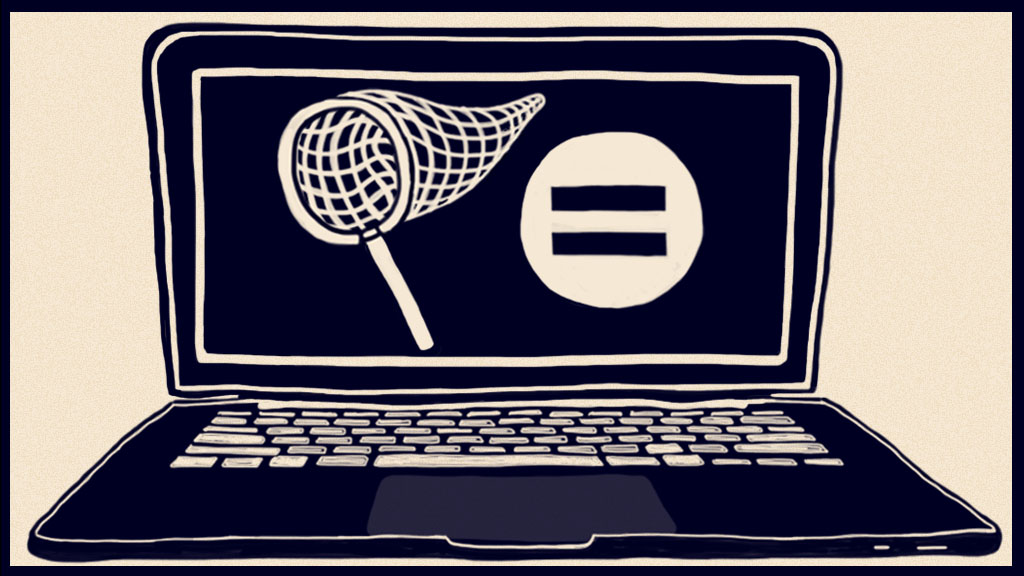The internet has had a ripple effect on how we approach almost every aspect of our lives. Today, it is on the verge of becoming less free. Anyone from politicians to corporate entities seek to limit or control the flow of the internet. Probably the most important issue plaguing the fate of the net is a lack of Net neutrality in the United States that will stifle much of what makes the internet great and create economic rifts along the way.
Net neutrality is the principle of equal access to all websites. Up until January 14, 2014, no websites were given special privileges in terms of how they were presented to users. Following a ruling by the Federal Appeals Court, the Federal Communications Commission (FCC) lost its ability to issue standards to Internet Service Providers (ISPs) as to how users access legal web content online. Now, ISPs can do as they please, charging both users and online services to use their networks. Recently, Netflix was forced to pay extra to ISPs like Comcast to have their video service run normally for their customers – customers who already paid for both their internet and their Netflix subscription . All in all, this is a clear threat to consumers and businesses alike.
This discrimination creates a divide in which only those who are able to pay can have their websites load properly on certain ISPs. This could cause a chilling effect that will give ISPs an inordinate amount of control as to what we can and can't see online. This is as frustrating for the average user as it is frightening. Such an anti-consumer tactic can also change the flow of the information we receive. ISPs could boost speeds for certain news sources over others, altering our worldview little by little. It's a scary level of control that only spells the worst for us, the consumers.
For budding businesses and industries, this is equally bad. Just as Netflix is being bullied into paying for priority on their networks, other new companies would face this negative bias as well. New sites like Facebook or Twitter would never have been able to compete with long standing competitors like Myspace if these types of restrictions existed when they started up. This type of barrier into the online world would make start-up companies less likely to succeed if their direct competitors could just pony up more money for better access. If there are less start-ups, there are less opportunities for competition in the market, leading to higher costs for everyone.
This is a lose-lose situation for users and businesses that need to rely on the internet. This is why we need to protest against such draconian measures placed on what is the people's internet. Today, September 10, is when Battle For The Net takes place. Websites like Reddit and Wordpress are joining together and altering their sites to showcase what internet slowdown will look like. Contact your Congressional reps today to have your voice heard.
No one wants a slow internet; let’s maintain our free one.
How do you feel about Net Neutrality? Post your answer to Twitter or Facebook with #ViewsAsks and we’ll showcase them online with Storify.
Storify is a website that allows users to collect the responses of people from Facebook, Twitter and across the internet to tell a holistic story, to detail an ongoing trend or in this case, display the public voice of RIT at large. Reporter hopes to make #ViewsAsks a monthly column in which we ask important or relevant questions to the RIT community and post them on our site through Storify. We want to give the denizens of RIT a chance to have their voices heard.








